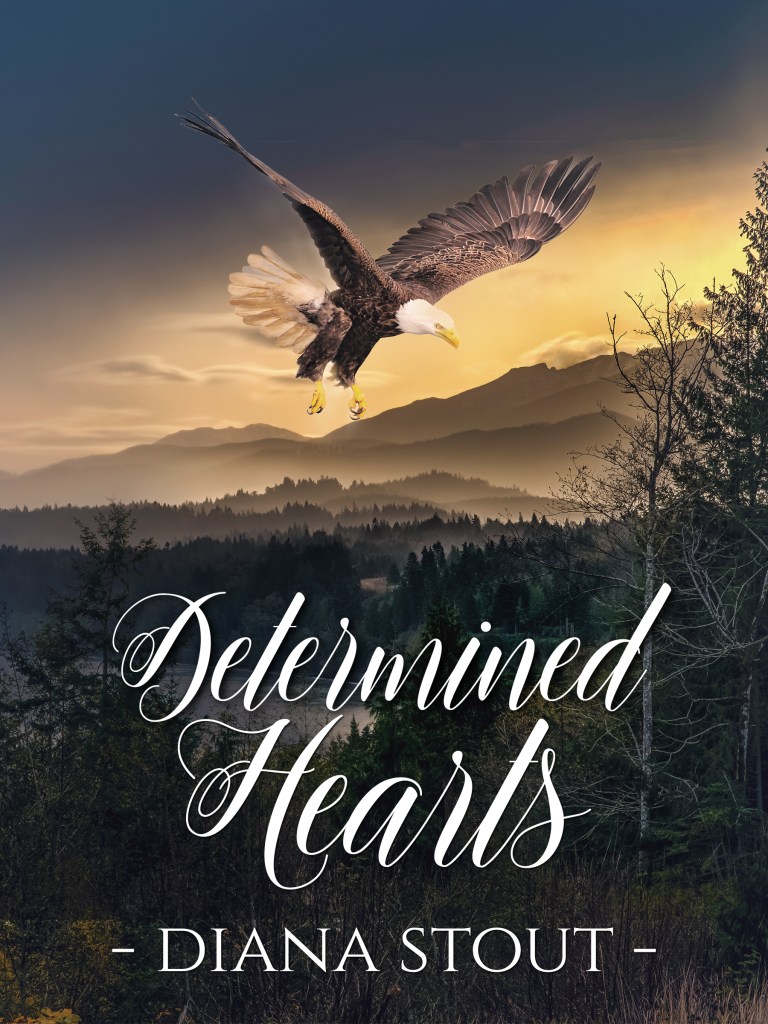The Insecure Writer’s Support Group
October 6 question – In your writing, where do you draw the line, with either topics or language?
Coloring Outside the Lines
Throughout my entire writing career, the only time I considered writing inside the acceptable lines was when I was writing to market. Meaning, I needed to follow the guidelines of the publisher.
Once I started screenwriting, the characters dictated their language, their behavior. And, once I began publishing as an indie author, there were and are no limits.
Speaking of limits, lately, there’s been a movement of blasting authors who write outside of their culture, where it’s said that a white author can’t write about black characters, that unless you’re Latino, you can’t write characters from that heritage, or where a romance book with a fictional character who participated in a massacre can’t redeem himself by the end of the book. That none of these books are worthy of earning awards, either.
Historic events are filled with tragedy and flawed people who made horrendous mistakes. History usually recorded only information about the winners. Today, many of us are learning about these horrible historic events that were never taught in school, that were swept under the nasty carpet of racism.
Just because I’m a white woman that doesn’t mean I can’t research and immerse myself in a culture or ask questions for understanding of another’s thinking or motivation. If we do our research well, we can betray others different from ourselves. And, we can write about locations we’ve never visited.

When I first published Determined Hearts, which was originally published as The Man on the Romance Cover, a reader asked me when I had last been to Idaho, in particular the Snake River Valley region, which is the setting of the book. When I replied that I’ve never been there, she said, “You’d never know it. Your details were spot on.” Her praise told me that I’d done my research.
If writers are told they can only write about that which they experience and know firsthand, then libraries would have to empty their shelves.
As a romance writer, how can women—the majority of that genre’s authors—write from the male view of point?
How can a mystery writer write about murder unless they’ve murdered? How can a sci-fi author write about living on another planet without having traveled in space?
The tipping point of ridiculousness has been reached.
Coloring outside the lines has always been the hallmark of innovative creativity and fantastic new movements, albeit some criticism, too, which always comes from those who believe we writers need to color inside the lines.
We’re in one of those coloring-outside-the-lines times, now, where a few are trying to dictate the many.
How limiting. How narrow-minded. How sad. How infuriating.
*****

Purpose: To share and encourage. Writers can express doubts and concerns without fear of appearing foolish or weak. Those who have been through the fire can offer assistance and guidance. It’s a safe haven for insecure writers of all kinds!
Posting: The first Wednesday of every month is officially Insecure Writer’s Support Group day. Post your thoughts on your own blog. Talk about your doubts and the fears you have conquered. Discuss your struggles and triumphs. Offer a word of encouragement for others who are struggling. Visit others in the group and connect with your fellow writer – aim for a dozen new people each time – and return comments. This group is all about connecting!


I adamantly, 100% agree with you. I’ve been told may times that I am not allowed to write x, y, and z. At this point, we’re basically being told to stop writing and go back to the kitchen like a good little housewives.
TO HELL WITH THAT. Are should never have rules.
LikeLike
I adamantly, 100% agree with you. There are so many things they’re trying to say we’re not allowed to write. At this point, we’re basically being told to go back to the kitchen like good little housewives.
TO HELL WITH THAT. Art should never have rules.
(And apologies if this comment came through twice. WordPress and I were having a severe difference of opinion. lol)
LikeLiked by 1 person
Thanks, for the agreement, Marie. 🙂 You said it well: art should never have rules.
No problem about the double submission. Because this was the first time you’ve responded to my blog, I had to approve, so I didn’t approve the first one. 😉
LikeLiked by 1 person
I agree with you, Diana. I’ve never gone (and probably never will go) to a planet away from Earth. Yet, I write about it all the time. It’s called research. I wouldn’t touch the racial issue. There is some legitimacy in the claim that I, as a white woman, can’t know the heart of a black woman or Latina. But can’t I imagine? Maybe not.
LikeLiked by 1 person
I feel that there are some other angles to the issue due to publishing bias. A well-known best-selling white male author has a huge advantage if he wants to publish a book in first-person pov of a Native American character showing what the experience is like of being a Native American. It’ll be bought by a publisher and sold to fans, and easily accepted as a real experience, as a truth, despite being fiction. I could write that same book, except with the actual experience, and be rejected because there’s just “no audience” for that. There’s no audience because it wouldn’t fit well enough with the accepted public perception. It would only be *my* experience, and not what enough of the publishers *feel* is the experience, based on their research. Research that was probably done on sites that aren’t own or run by Native Americans, or on ones that are “crafted” to be acceptable to sponsors.
Which Native American tribes are allowed to hand out those rewards? There are states where it’s not possible to register to vote unless you have a physical address, and living on a reservation requires that you only have a PO Box and no physical address. They’re probably not hosting a big awards banquet that people will hear about. They probably aren’t going to buy out one of the Big Five Publishing houses. Not a lot of editors or agents coming from there.
It’s much closer to the debate over which is worse — one person throwing out a plastic drinking straw, or a corporation dumping tons of waste into the water. It’s easier to get individuals to stop tossing out straws. But real change is going to require the big corporations to alter their ways.
Some writers feel they have the power to influence the publishing industry. To change who the Big 5 longs for, who agents and editors favor first. Probably because the industry has been changed before. Women were eventually allowed to publish under their own names. Not just Ladies of Upper Society either. Shifts happen in publishing. But there are always going to be people who firmly believe that the Bible is the only book that ought to be in print, and that only a select few people should be permitted to be literate. And there will be those with slightly less extreme beliefs, but still leaning in that exclusive direction. I have encountered many people who assume that I can’t read because of my skin. How could I possibly be a writer when I can’t even read?
How often in your adult life has a stranger looked at you while you were writing and exclaimed with horror, “What are you doing? Your kind can’t read and write. Honestly!”?
If you’ve had that experience, if you can write how you felt in that moment, then do so. But if you research to find such a story by someone who can eloquently express what that experience feels like, perhaps question why they haven’t published it themselves. A far more authentic book could come from that answer, one that would be very beneficial.
Just tossing that out there.
Then again, I’ve got a bunch of characters who I have nothing in common with in my own stories. The big book series I’m working on comes from an old passed-down legend, and the characters aren’t all Native American males. So there’s that.
But I don’t think Michael Blake’s ‘Dances With Wolves’ would have done as well if anyone other than Dunbar had been the main character.
LikeLiked by 1 person
Thanks for sharing your insight and taking the time to comment.
LikeLiked by 1 person